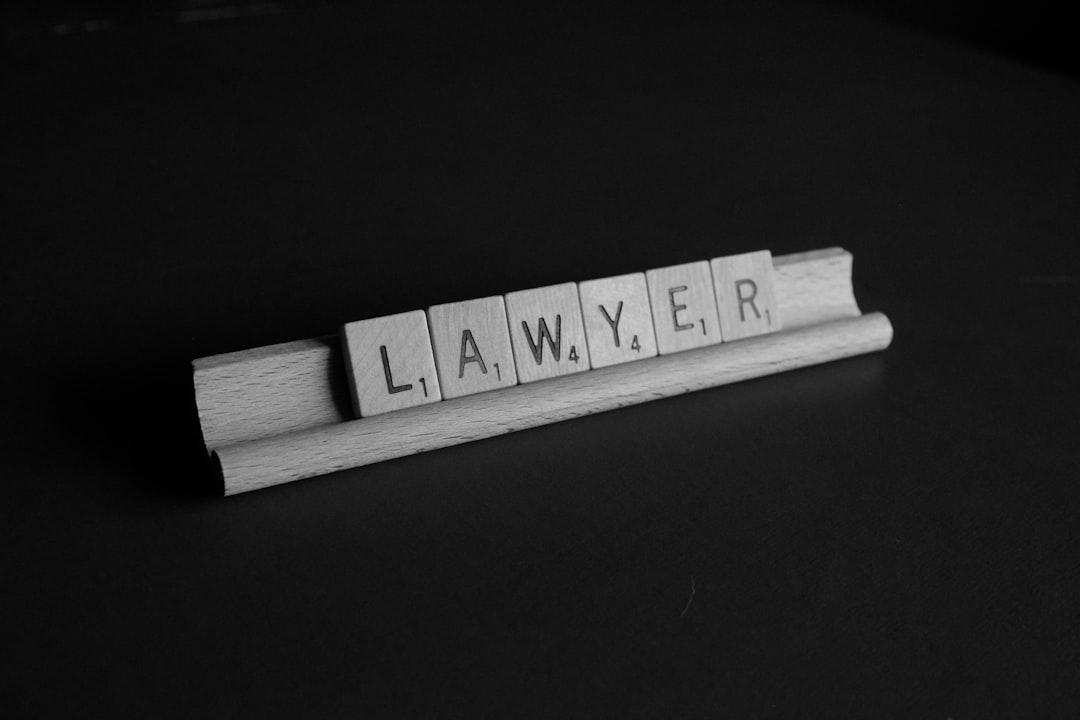Looking On The Bright Side ofLooking On The Bright Side of
Selecting the Right Kitchen Area Improvement Contractor: A Comprehensive Overview
Embarking on a cooking area redesigning task can be both amazing and complicated. The cooking area is typically thought about the heart of the home, and an upgrade can improve its capability, aesthetic appeals, and overall value. Nevertheless, the success of your kitchen remodel greatly counts on choosing the ideal contractor. This overview supplies understanding right into just how to select a certified kitchen redesigning professional that can turn your vision into fact.
Initially, begin your search by gathering suggestions from good friends, household, and coworkers. Word-of-mouth references can lead you to trustworthy service providers that have efficiently completed projects comparable to yours. Additionally, online platforms and testimonial websites can be helpful in providing a wider viewpoint on potential contractors. Look for those with positive testimonials and a strong portfolio that showcases their previous job, specifically in kitchen renovations.
When you have a shortlist of prospective professionals, timetable interviews to discuss your task carefully. Prepare a list of inquiries that cover their experience, interaction style, strategy to job administration, and timeline assumptions. It is very important to evaluate not just their technical abilities however additionally their ability to interact successfully. An excellent specialist ought to be willing to provide referrals and examples of their past job while being transparent regarding their process and prospective challenges.
Before making a final decision, guarantee that the specialist is licensed, guaranteed, and bonded. This not just secures you from prospective responsibilities however likewise gives you peace of mind understanding that they follow local building regulations and laws. Furthermore, get a written estimate that details the range of job, materials to be made use of, and repayment terms. This document will act as a referral throughout the renovating process and can help prevent misconceptions down the line.
To conclude, picking the appropriate cooking area remodeling service provider calls for comprehensive research and careful factor to consider. By gathering suggestions, interviewing potential specialists, and guaranteeing correct licensing and insurance, you can locate a professional who aligns with your vision and can supply high quality job. A successful kitchen remodel can dramatically enhance your home, providing delight and functionality for years ahead, so make the effort to select sensibly.
 The Power of Direct Mail Leads: A Proven Marketing Strategy for Businesses
The Power of Direct Mail Leads: A Proven Marketing Strategy for Businesses
 Choosing the Right Kitchen Remodeling Contractor for Your Home
Choosing the Right Kitchen Remodeling Contractor for Your Home Recognizing the Duty of a Real Estate Appraiser
Recognizing the Duty of a Real Estate Appraiser
 Exactly How to Take Excellent Corporate Headshots
Exactly How to Take Excellent Corporate Headshots
 Just how to Discover the very best Trucking Service for Your Business When shipping items, utilizing a third-party trucking solution can help you reduce your costs as well as time. With these solutions, you do not need to fret about employing and also taking care of employees, which means you can focus on running your service. Additionally, you will not have to pay high labor expenses, which can be a massive expenditure for a small or tool service. Before you begin your trucking service, make certain you have adequate money to cover your daily expenses. This consists of paying your drivers, spending for fixings, as well as gas. If you don’t have enough cash to cover these expenses, you can look to a factoring company to assist you get your organization up and also running. The following action in beginning a trucking solution is to hire the best chauffeurs you can find. A trucking solution can be extremely economical for some firms, particularly when leaving from significant delivery ports. Just bear in mind to examine the credibility of the firm prior to hiring it. You do not wish to wind up spending more than you require to, so you require to work with a company that has a good track record. If you choose a trustworthy company, you can feel confident that your items will certainly arrive safely. So, do not hesitate to take a look at a few of the evaluations as well as ratings online to discover if they are a good suitable for you. A trucking service need to constantly aim to offer the most affordable prices for shipping business cargo. Lower delivery expenses are essential for bring in new customers and minimizing the loss of existing ones. Many customers would certainly select items with reduced delivery costs, as well as this will certainly assist your organization to expand. The most effective means to achieve this goal is to discover a trustworthy organization trucking provider that can offer you the lowest rates. As a nationwide trucking company, Fikes Truck Line concentrates on RGN trailers, drop-deck trailers, and flatbed trailers. Since the company has a big fleet of automobiles, it can give you with the best solution at the most affordable cost. The business likewise has access to the most recent technology and also improves functional implementation. In the last decade, the trucking sector has actually undergone several changes. The introduction of modern technology has boosted the effectiveness of company operations, freed up vehicle drivers’ time, and supplied them different kinds of home entertainment. A current advancement is the changed emission standards that the USA Environmental Protection Agency has actually mandated for diesel trucks. These standards objective to minimize airborne toxins that are released by diesel motor. These regulations promise to enhance air quality and also public health. The introduction of the new interstate freeway system in 1957 helped the market. With this brand-new highway system, ATS expanded into new locations of transportation as well as materials. It also opened its first out-of-state terminal in Illinois in 1959.
Just how to Discover the very best Trucking Service for Your Business When shipping items, utilizing a third-party trucking solution can help you reduce your costs as well as time. With these solutions, you do not need to fret about employing and also taking care of employees, which means you can focus on running your service. Additionally, you will not have to pay high labor expenses, which can be a massive expenditure for a small or tool service. Before you begin your trucking service, make certain you have adequate money to cover your daily expenses. This consists of paying your drivers, spending for fixings, as well as gas. If you don’t have enough cash to cover these expenses, you can look to a factoring company to assist you get your organization up and also running. The following action in beginning a trucking solution is to hire the best chauffeurs you can find. A trucking solution can be extremely economical for some firms, particularly when leaving from significant delivery ports. Just bear in mind to examine the credibility of the firm prior to hiring it. You do not wish to wind up spending more than you require to, so you require to work with a company that has a good track record. If you choose a trustworthy company, you can feel confident that your items will certainly arrive safely. So, do not hesitate to take a look at a few of the evaluations as well as ratings online to discover if they are a good suitable for you. A trucking service need to constantly aim to offer the most affordable prices for shipping business cargo. Lower delivery expenses are essential for bring in new customers and minimizing the loss of existing ones. Many customers would certainly select items with reduced delivery costs, as well as this will certainly assist your organization to expand. The most effective means to achieve this goal is to discover a trustworthy organization trucking provider that can offer you the lowest rates. As a nationwide trucking company, Fikes Truck Line concentrates on RGN trailers, drop-deck trailers, and flatbed trailers. Since the company has a big fleet of automobiles, it can give you with the best solution at the most affordable cost. The business likewise has access to the most recent technology and also improves functional implementation. In the last decade, the trucking sector has actually undergone several changes. The introduction of modern technology has boosted the effectiveness of company operations, freed up vehicle drivers’ time, and supplied them different kinds of home entertainment. A current advancement is the changed emission standards that the USA Environmental Protection Agency has actually mandated for diesel trucks. These standards objective to minimize airborne toxins that are released by diesel motor. These regulations promise to enhance air quality and also public health. The introduction of the new interstate freeway system in 1957 helped the market. With this brand-new highway system, ATS expanded into new locations of transportation as well as materials. It also opened its first out-of-state terminal in Illinois in 1959.